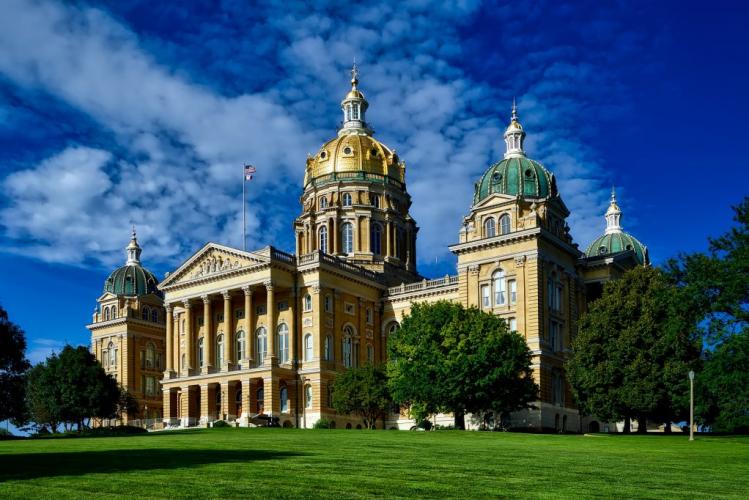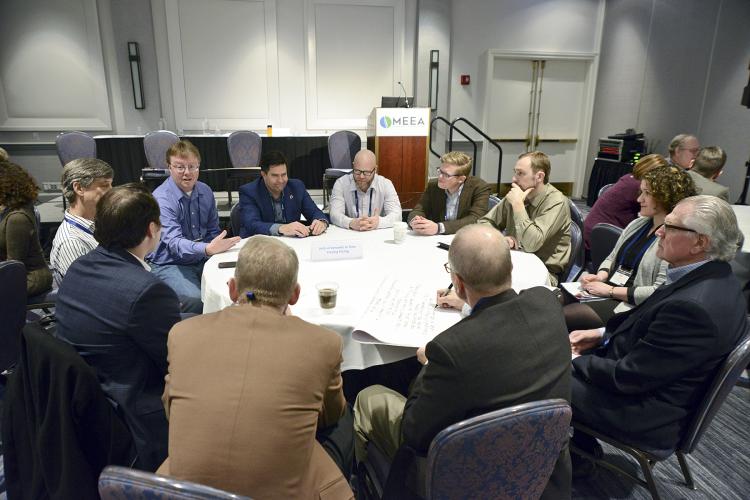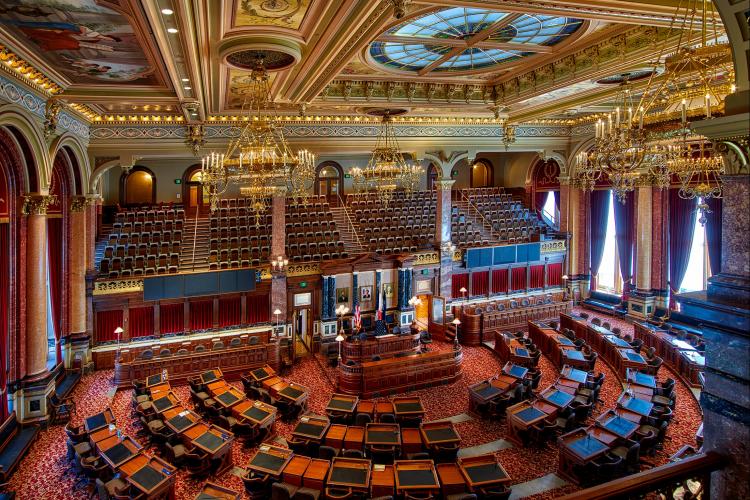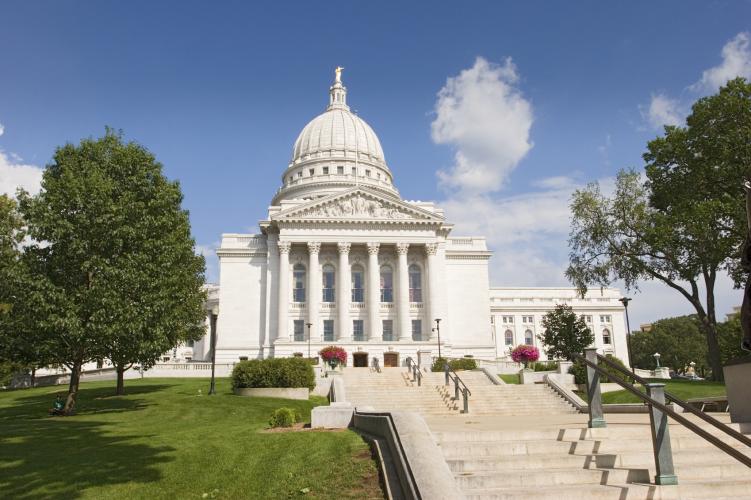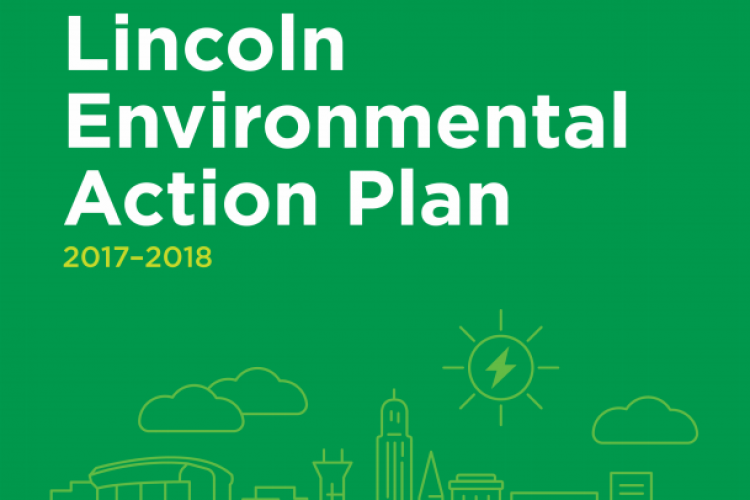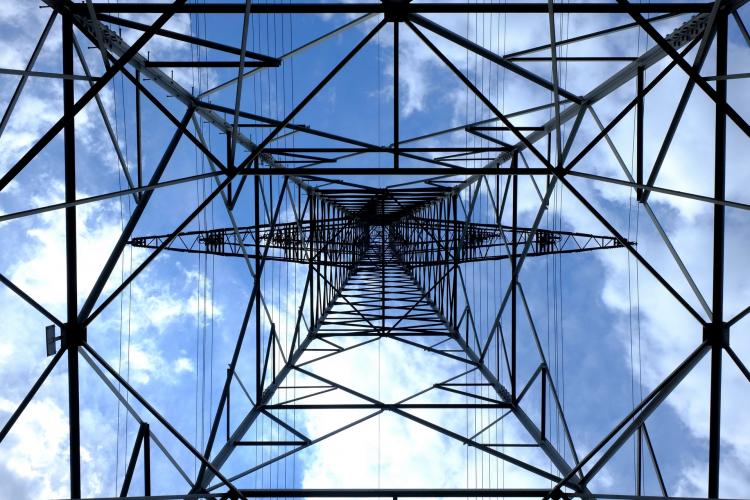Iowa's EE Rollback Explained
On May 4, Iowa Governor Kim Reynolds signed Senate File 2311(SF 2311) into law, which will make significant changes to the way utilities drive customer energy savings programs within the state. Most notably, the bill caps utility investments in energy efficiency and created a broad opt-out provision for all customers.
